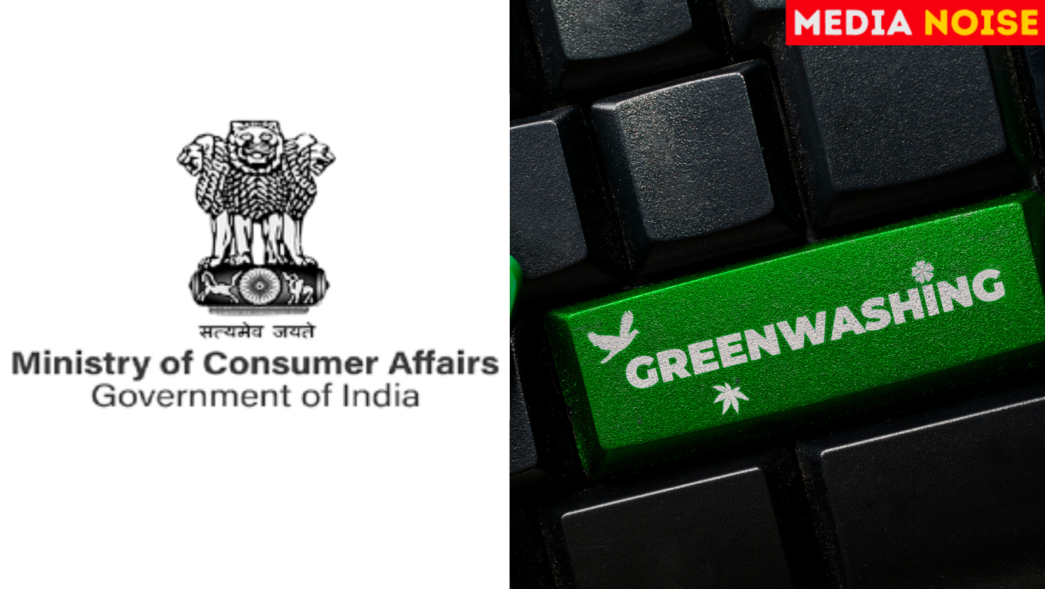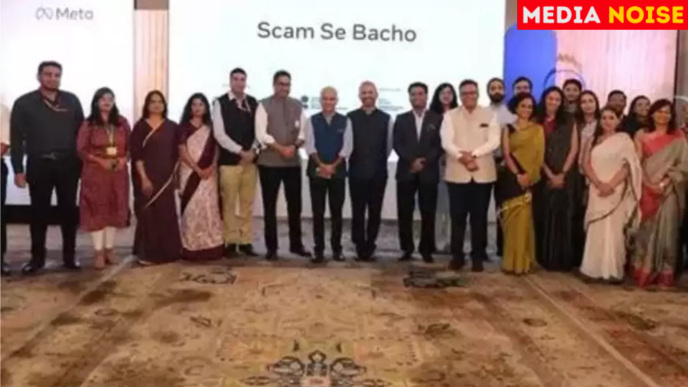New Delhi: In a bid to combat deceptive environmental claims and protect consumers, the Indian government has introduced new guidelines requiring companies to disclose their green credentials through QR codes and URLs in advertisements.
The move, announced by the Consumer Affairs Ministry, aims to prevent businesses from making misleading claims about their products’ environmental impact, a practice known as greenwashing.
Under the new regulations, companies making environmental claims must provide verifiable evidence and clear disclosures to support their assertions. This includes defining terms like “100% eco-friendly,” “zero emissions,” and “cruelty-free” with accurate qualifiers.
“The guidelines do not prohibit environmental claims, but they seek to ensure that such claims are made with integrity and transparency,” said Consumer Affairs Secretary Nidhi Khare. “Claims must be supported by independent studies and verifiable evidence.”
The government has also mandated that companies use consumer-friendly language for technical terms and provide specific details for comparative environmental claims. Aspirational or futuristic claims must be backed by clear and actionable plans.
ALSO READ: Havas study finds consumers want brands to be more generous
To make it easier for consumers to access information, companies are required to disclose all material information in their advertisements through QR codes, URLs, or other digital media. They must also specify whether the claim applies to the product as a whole, its manufacturing process, packaging, usage, or disposal.
Specific claims like “compostable,” “degradable,” “recyclable,” and “net-zero” must be supported by credible certification, reliable scientific evidence, or third-party verification.
The guidelines also address the use of technical terms, requiring companies to provide consumer-friendly explanations for concepts like “environmental impact assessment” and “ecological footprint.”
The Consumer Affairs Ministry clarified that while these guidelines are in addition to existing regulations, in case of any conflict, the specific laws will prevail. The central authority will have the final say in cases of ambiguity or disputes in interpretation.













